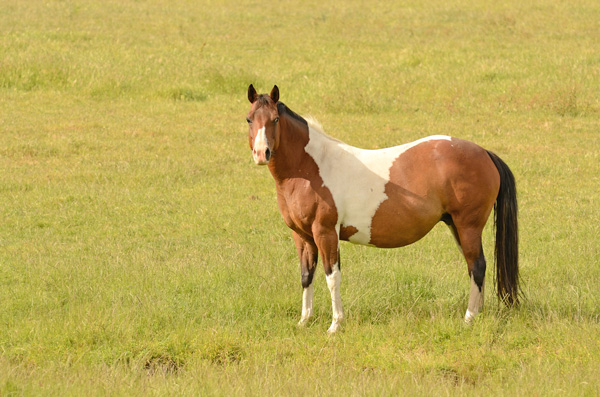
The following information was adapted for horse owners from the Food and Drug Administration.
Most medication errors are preventable. Communication is one of the keys to preventing medication errors. It’s not much different from what you would do for you or for your child when your doctor prescribes a drug product. If you don’t understand why your veterinarian is ordering or prescribing a drug for your animal, ask. Other questions you can ask your veterinarian are:
- What is the name of the drug?
- What is it supposed to do?
- Could it interact with other drugs my animal is currently taking?
- What are the possible side effects and what should I do to care for my animal?
- How do I give it? Do liquids have to be shaken before use?
- How many times a day should I give it?How much do I give each time?Should I give it before, during or after feeding?
- What if I accidentally give too much?
- What should I do if I forget to give a dose to my animal?
- What should I do if my animal spits it out?
- How should I store it?
- Should I finish giving all the medication, even if my animal seems better?
Asking questions is important, but sometimes it’s not enough. Share information about your horse with your veterinarian, especially if you are getting a new prescription or visiting that veterinarian for the first time. Here are some suggestions that might help.
Keep a list of drugs that your animal is taking, including over-the-counter drugs, supplements and prescription drugs. Show those to your veterinarian. Discuss any drug that your animal is allergic to or that have caused problems in the past.
Discuss any serious or chronic health conditions that your animal may have.
Here are some steps that could help you avoid medication errors at home:
- Read labels and follow directions.
- Store animal drugs away from human drugs to prevent mix-ups.
- Store animal drugs out of reach of household pets. This is especially true of flavored chewable tablets, which might lead to the pet seeking and consuming the flavored tablets, resulting in potentially serious accidental overdoses.
- Keep your animal’s drugs in their original labeled containers.
- Do not cut, crush, or break capsules or tablets unless your veterinarian tells you to do so. If your veterinarian tells you to cut the tablet in half, use a pill cutter (available at most drugstores) to get the most accurate dose possible.
- Do not share one animal’s drug with another unless your veterinarian says it’s OK to do so.


